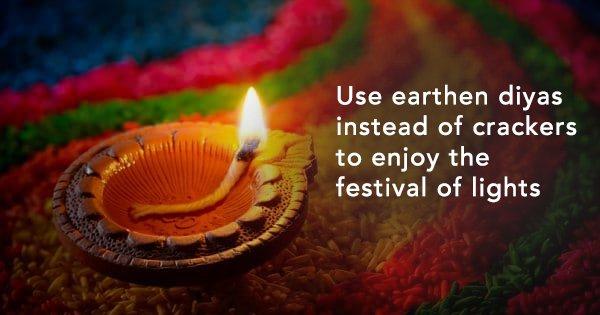It was 45 years after his enlightenment. Lord Buddha was 80 already. Age had caught up and he had fallen ill. His only recluse from illness was meditation. But he was growing weak. So he announced that he would soon reach Parinirvana – the final deathless state.
It is important to understand how it happened because it’s the essence of the story. He knew that the day was close. Many believe Buddha died of food poisoning. However, it is said that after his last meal, he told his disciple, Ananda, to go meet the blacksmith who had offered his last meal and tell him that the meal had nothing to do with his passing; he was in fact grateful for it.
It was also alleged that Buddha died due to natural causes and old age.
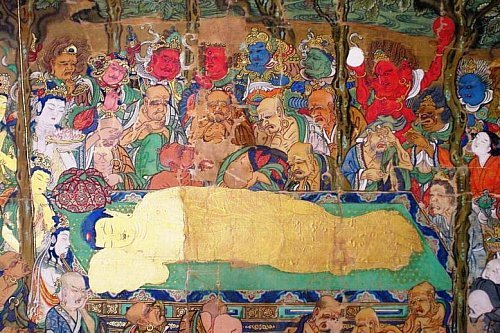
Extremely ill, Buddha moved to Kusinara (now Kushinagar) where he had decided to live out his last days in the jungle. It is here where he finally entered Parinirvana and abandoned his earthly body during meditation.
Right before he passed away, he asked his disciples to clarify any doubts they had and asked them never to follow any leader. It is then that he also uttered his final enlightening words:
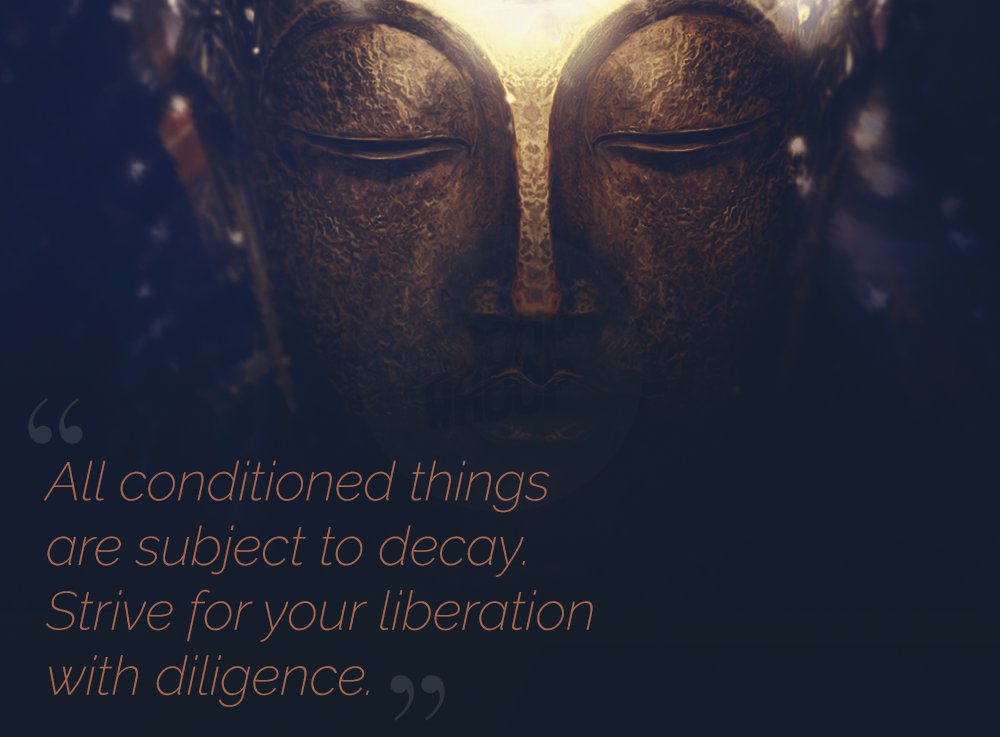
Parinirvana isn’t exclusive to him but it is not easy to achieve. According to Buddhism, it is only achieved in death by those who have achieved nirvana in their lifetime.
It is the final release from the world. A regular death will lead to rebirth until a person’s karmic debt is settled. But Parinirvana is the final goal of Buddhism and achieving it frees one from karma and rebirth.
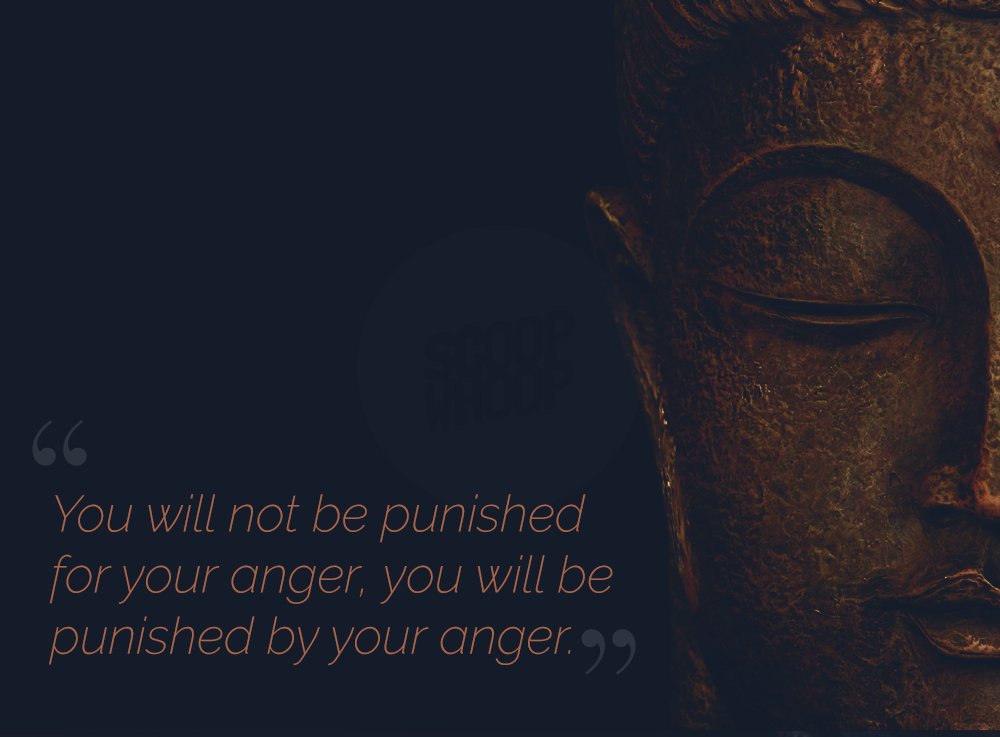
This is also what Parinirvana day is all about. Observed on 15th February around the world, it is basically a celebration of Buddha’s death, because according to his teachings, loss and impermanence are not to be grieved upon.
The celebrations vary in different parts of the world, but mostly it is done through meditation at monasteries where food is prepared and people even bring gifts. It is a social affair and not in anyway a day of mourning. Through the day, passages are read out from the Parinirvana Sutta, which describes the Buddha’s final days.
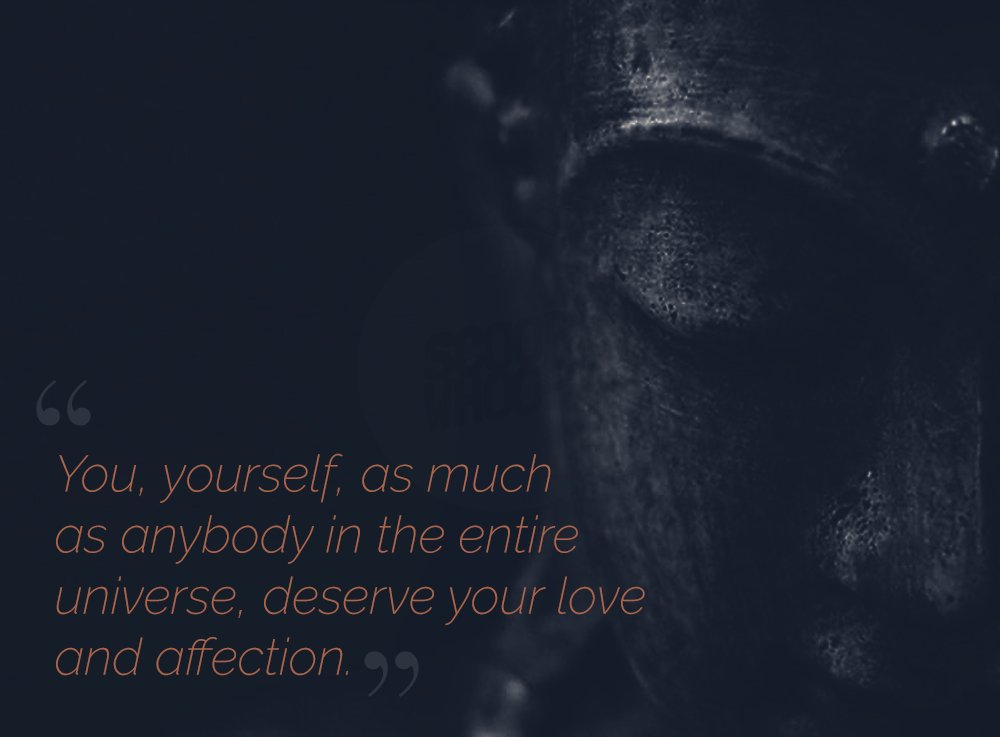
Intriguing, isn’t it? Celebrating death. You wouldn’t really think of it that way. But on this day, one is to reflect upon his or her future death and the deaths of those who have recently passed on. People pray for their peace through meditation.
That is what Buddhism is all about – that all things are transient. Before you die, have you achieved nirvana or moksha during your lifetime? Will you move on forever and be liberated from karmic rebirth? It is perfectly summed up in the Buddha’s words:
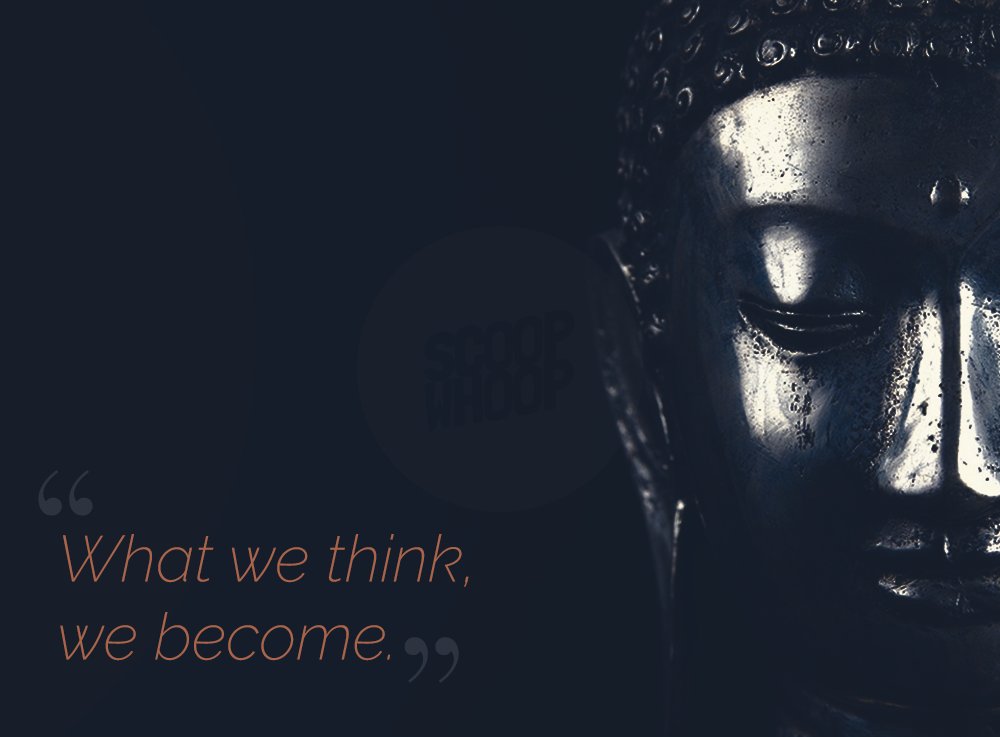
Religion and culture never cease to surprise, do they?
Design Credit: Gauri Saxena





